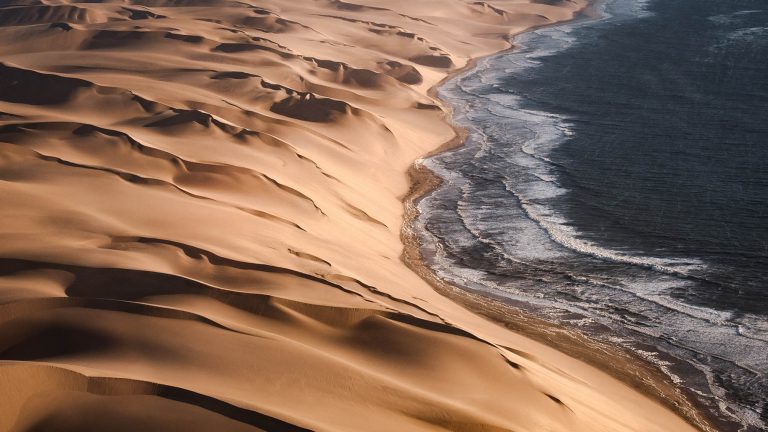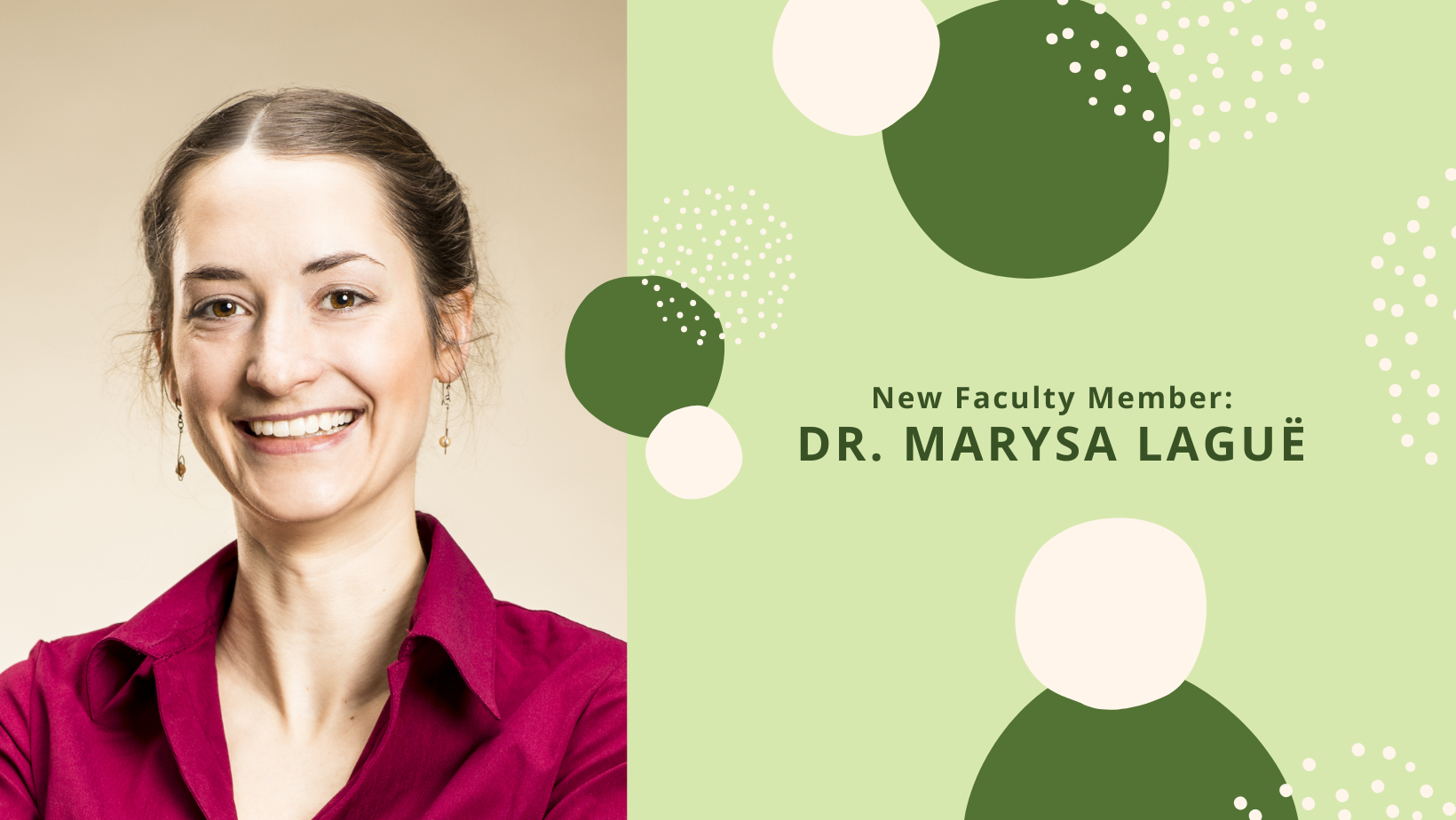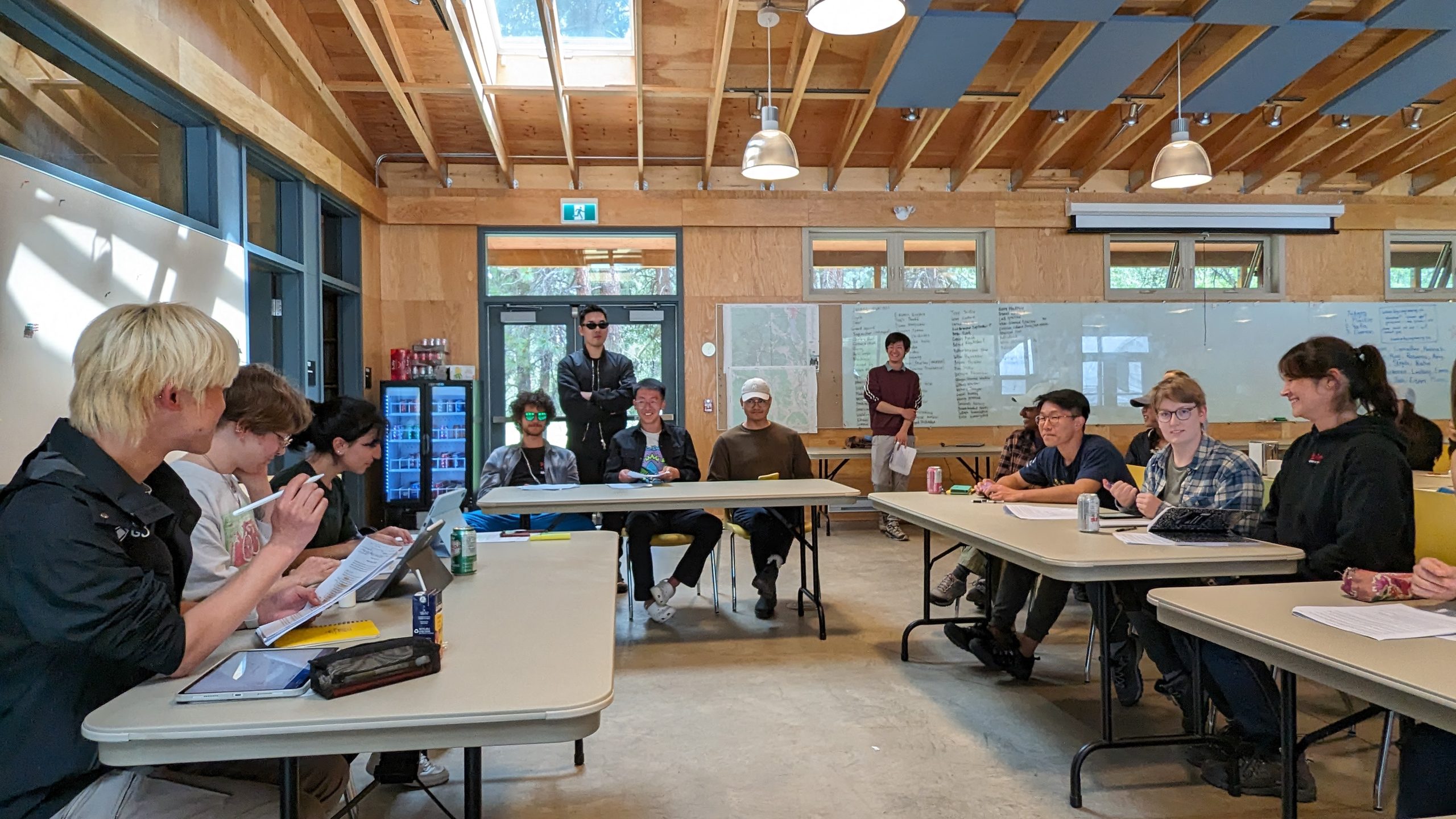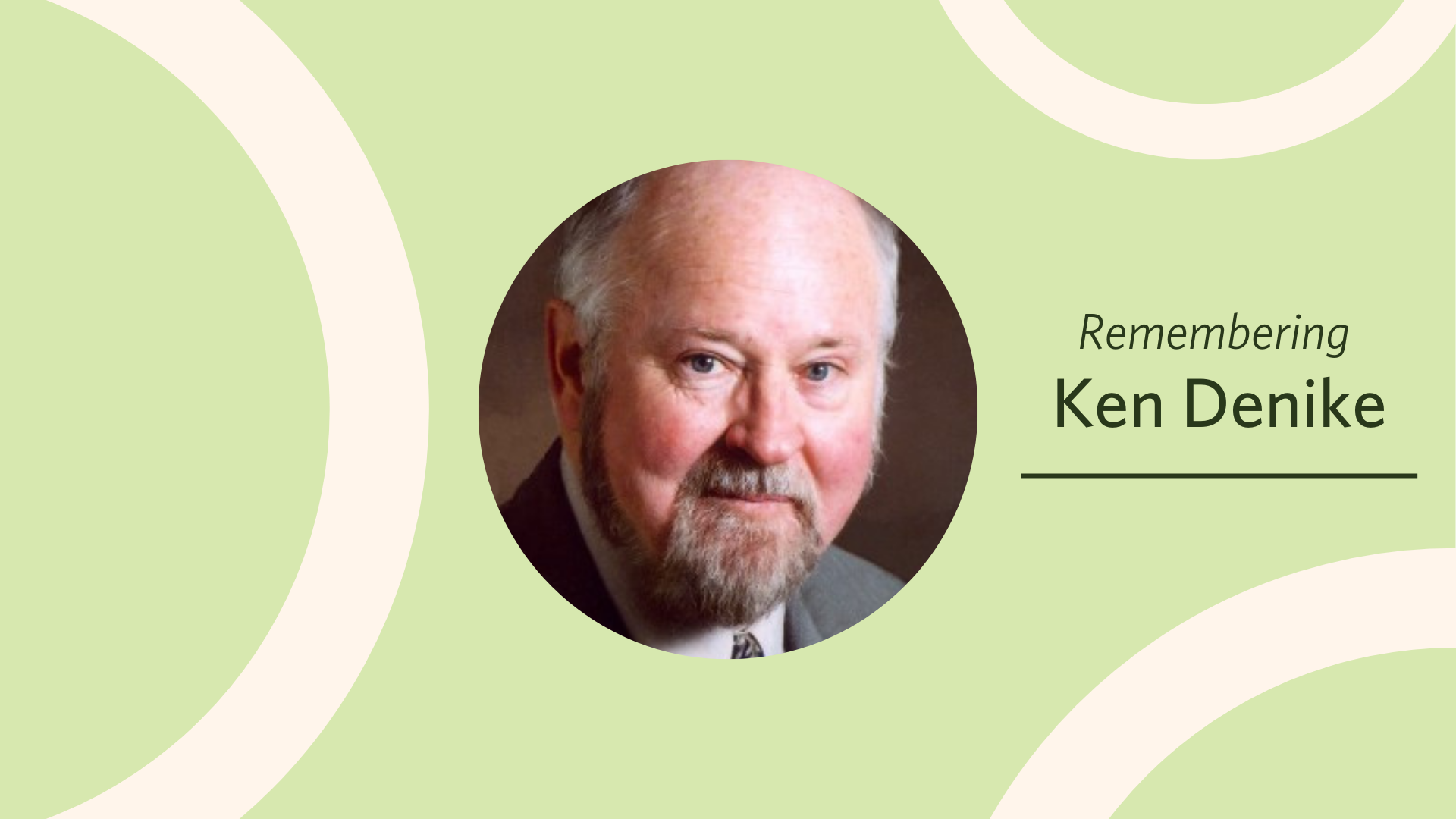Rosanna Carver is an Ocean Leaders Postdoctoral Fellow at UBC Geography. Her current research is focused on seabed / deep sea mining and the complexity of our social and legal relationships with ocean spaces.
What’s your academic journey been like so far?
So I guess my journey into academia wasn’t completely straightforward, for a number of reasons.
I’m a first generation university student in my family, and I come from a socio-economic background where higher education isn’t necessarily what you’re moving towards. So, a lot of the people who I went to school with finished their education at 16.
One of the things that I hope will stay part of my academic journey is that awareness of how socio-economic context really affects access to higher education. But also, how having a degree or a master’s doesn’t necessarily mean that you’re then on an equal playing field with other people. The higher up I’ve gone through the system, the fewer people there are who’ve come from a similar background to mine, and I still struggle with knowing how to navigate things.
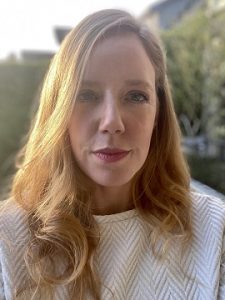

I did my undergraduate degree at the University of York, in Environment, Economics and Ecology. The degree was flexible and opened up questions of politics, which I started to become quite excited about exploring.
Then I undertook my master’s in Environment and Development at the London School of Economics, which helped me to explore the overlap between politics and the environment – how those things shape each other.
Once I finished the program, I found myself going back to the temporary work that I had been doing since I was 16 years old, because I needed to pay my bills. So I had a few years out from education and then ended up in film production, where I made short films for clients, including for the BBC’s Natural History unit.
I got an email from my master’s supervisor asking me if I would be interested in undertaking a PhD, which offered a fully funded studentship*. So that took me back into academia and I did my PhD at Lancaster University in their Environment Centre.
What were the main research questions for your PhD? And how did you come to those?
Broadly, my PhD looked at the emergence of seabed mining in the Namibian context. The focus on Namibia was predetermined by the call for that PhD, but only because Namibia was one of the first states to consider mineral extraction within its waters. I was otherwise free to form my own research questions.
I undertook fieldwork in Namibia, with an initial focus on the question around seabed mining and how that was being negotiated; who was being included and excluded in those discussions.
But at the same time, the blue economy agenda was emerging in public discourse. So my thesis brought those two aspects together; looking at the emergence of the blue economy within Namibia, and how that allowed seabed mining to be considered.
When it came to doing field work, how did you go about building relationships?
I undertook a scoping visit in the first year of my PhD, and that involved speaking to people who were involved either in discussions of the blue economy or the marine scape at large.
That meant that when I went and did my subsequent fieldwork, I had relationships that I could build on. This was particularly important because of my own positionality – I was a white British researcher looking at extractivism. Research is also highly extractive in and of itself, so I had to build a lot of trust with people to allow me that access, but also consistently be aware that there were times where I needed to back off, as well.
Do you have research partners in Namibia?
I didn’t go in with an association with any organization. But I have built relationships to enable my work to actually feed into discussions that are beyond the academy and, importantly, beyond me. So I work with a group of activists and artists within Namibia, where we’ve been involved with a project called The Sea, My Other Land.
It’s a non-hierarchical (as far as possible) collaborative project, where we had some support from UBC’s Interdisciplinary Histories Research Cluster. That allowed us to start a series of online workshops to discuss questions relating to Namibia’s marine scape, particularly in light of these emerging industries, and additionally because of Namibia’s colonial context and its apartheid era context.
Moving forward to now and growing out of the PhD, what are your main research questions at the moment?
I drew for a little bit on my PhD research, but to extend some of those questions, particularly looking at dispossession that had occurred along the coast of Namibia. I’m looking at both historical and contemporary exclusions that were being mobilized by the idea that the ocean space is socially empty – without recognizing that these exclusions have been reproduced over time to allow it to be constructed in that way.
I also remain quite interested in spatial questions, which is kind of why I find myself in geography! The fact that the ocean is a volume, that it’s fluid, and very dynamic, and how that complicates ideas of sovereignty over that space.
I’ve also been exploring questions of the Canadian state’s involvement in discussions of deep sea mining both nationally and globally. Several of the corporations that either have mining licences or are trying to apply for exploratory licences in the high seas are actually registered in Vancouver, or in BC. So I have started to look a little bit at that, which is research I’d like to take forward.
What is it about these spatial questions relating to the ocean, and human relationships with the ocean, that are so interesting from a geography perspective?
You’ll often hear arguments in favour of deep-sea mining which claim that there’s no human habitation in the ocean.
These bypass more social concerns without recognition of the social dynamics that absolutely do exist with the ocean. We think often in terms of fishing – and that’s a huge consideration – but you’ve got many other different relations with the ocean space that need to be addressed and considered.
The seabed is also a grave site, and for a lot of people there are spiritual questions and dominions, which all represent very different conceptualizations of what ocean space is.
Also, the sea bed, water column and surface are all interconnected, volumetric spaces; yet the seabed is legally defined separately as “land”. In Canada there are also important questions about Indigenous rights and title in the ocean space.
That land / ocean division is, again, a colonial enterprise. So when we’re talking about mining – what are we actually mining?
What impact would you like your research to have?
This is a largely future-focused form of research, so I’m often talking about something that is being negotiated and considered. Bringing awareness to some of those questions prior to these things happening, that would be one impact I’d like to have.
For example, the global seabed is being mapped at the moment, with the aim of being completed by 2030. There are a number of different reasons for that, and some are hydrological, but it will also reveal mineral deposits. We’ve seen the effects of mapping and how maps have power on a terrestrial scale. Now we’re talking about this on an oceanic scale, so over 70% of the world.
I also think there’s a lot of focus on doing research to benefit your career, particularly at an early stage. But I do work on extractivism in a quite extractive way, no matter how much I give lip service to reflecting on my positionality.
So I sit with that, and try and make sure that my work feeds into relevant discussions that then take on a life of their own if they can – which is what’s happened with the project that we’ve been working on in Namibia. The idea being that then these discussions can unfold with artistic interventions within a Namibian space, to resituate conversations beyond the academy. I also provide research time to organisations in Canada who respond to frontline communities’ and activists’ research needs.
* UK PhD programs differ from those in the US / Canada: you can apply directly for an advertised PhD position which already has funding attached.
